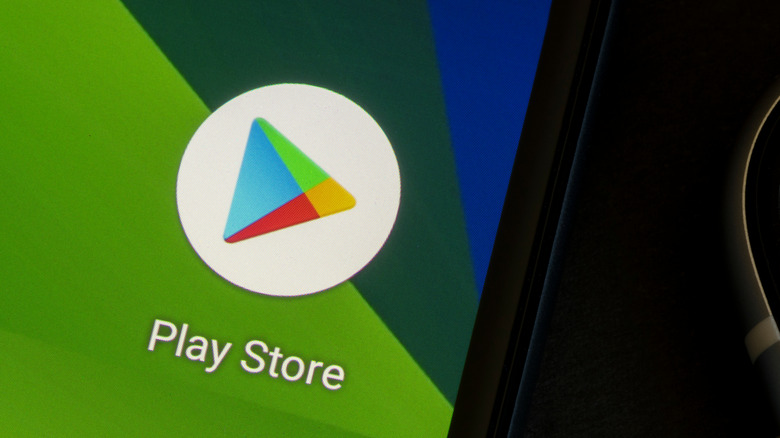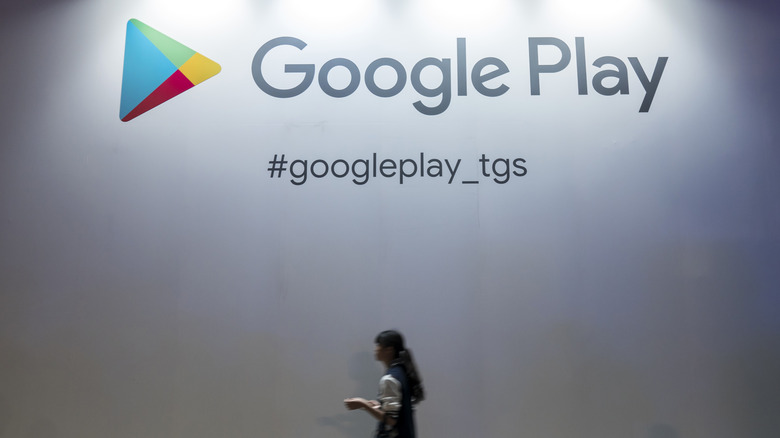Google Slapped With $113 Million Fine For Play Store Payment Abuse
The Competition Commission of India slapped Google with a fine worth around $162 million a few days ago, citing controversial agreements that allowed the company to abuse its dominance with Android OS and the namesake web search service. Now, the country's anti-trust watchdog has handed another fine worth $113 million to the company. This time it's for forcing app developers to use the in-house payment system for the Play Store, Google's repository for hosting Android apps.
According to the official release, Google forced the app developers to rely on Google Play's Billing System (GPBS) for paid apps and in-app purchases. This is the route by which Google, and the likes of Apple and Microsoft, ensure that they get 30% of all financial transactions related to apps, a policy that app developers have protested for years.
India's competition authority noted that by "making access to the Play Store dependent on mandatory usage of GPBS for paid apps and in-app purchases is one sided and arbitrary and devoid of any legitimate business interest." Labeling Google's policy as unfair, which denies developers access to a plum market, the agency also highlights that the company doesn't apply the same restriction for the YouTube app, which is its own in-house product.
Strict orders, but more troubles are coming
In the wake of punitive action, the agency has ordered Google to stop imposing Play Store's native billing system on app developers, and has asked Google to allow third-party payment channels for mobile apps. The company has been asked to refrain from collecting user data from apps to gain an unfair advantage, and that it will offer full transparency when it comes to information collection and sharing.
Notably, Google also offers a massively popular payment app powered by India's Unified Payments Interface (UPI) system for allowing instant financial transactions. The CCI has asked Google to not favor its own payments solution over rival UPI-based products if an app developer chooses to partner with the competition's payments app. However, this is not the first setback for Google, and neither are the troubles over.
Facing intense backlash, Google announced in March that it will allow apps like Spotify to offer alternative billing systems in their apps. Three months later, Google revealed that developers in the European Economic Area (EEA) will now have to pay a 13% cut of payments, down from the usual 15% fee for apps clocking less than $1 million in annual revenue.
In September this year, Google announced that it is expanding the "User Choice Billing" program to more countries, including India. But the story's not over. Yonhap reports that the Korean Publishers Association (KPA) is suing Google for forcing developers to use its in-app payments system.

